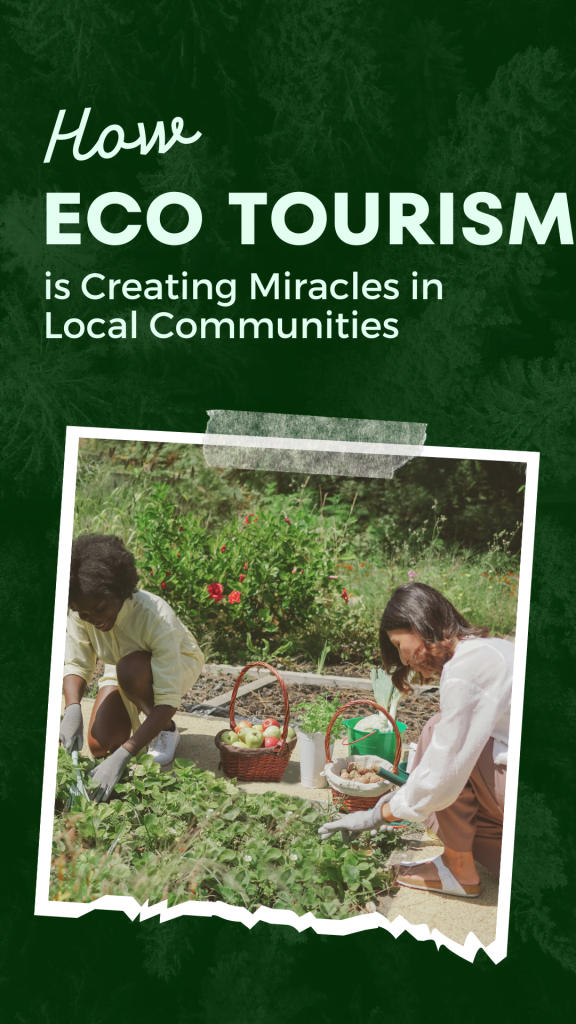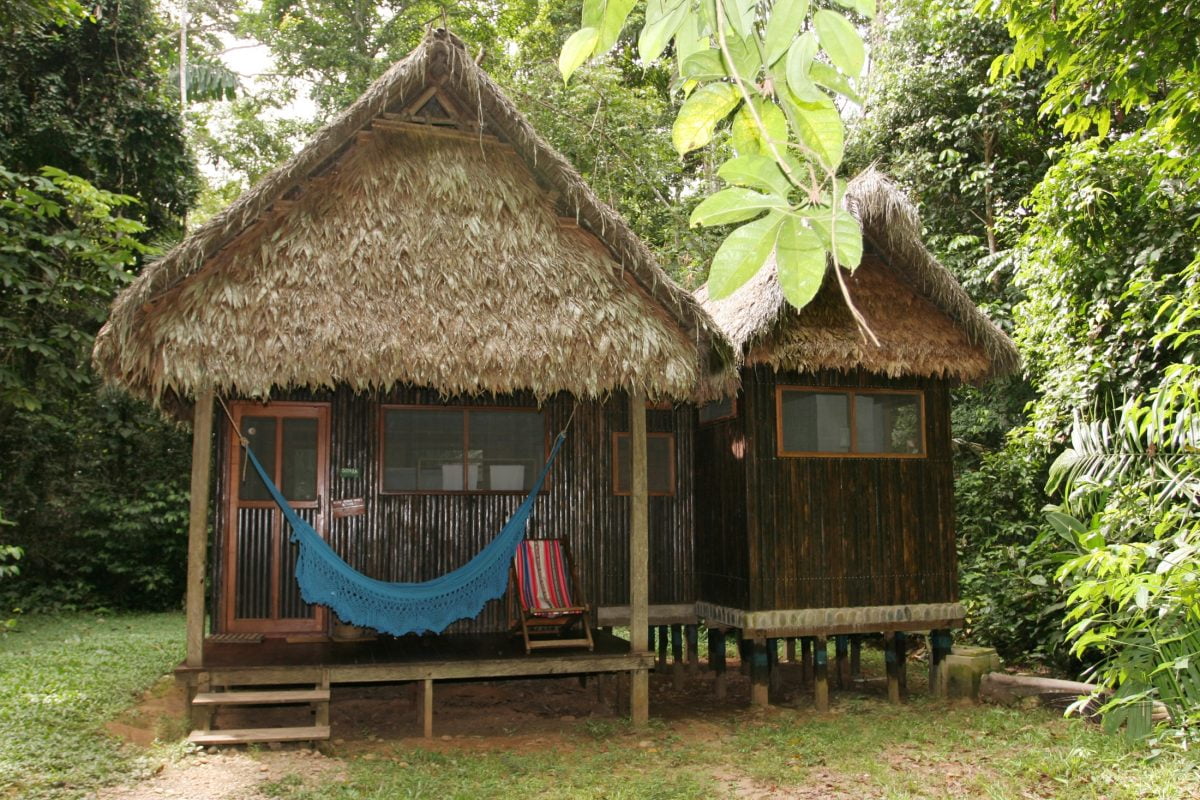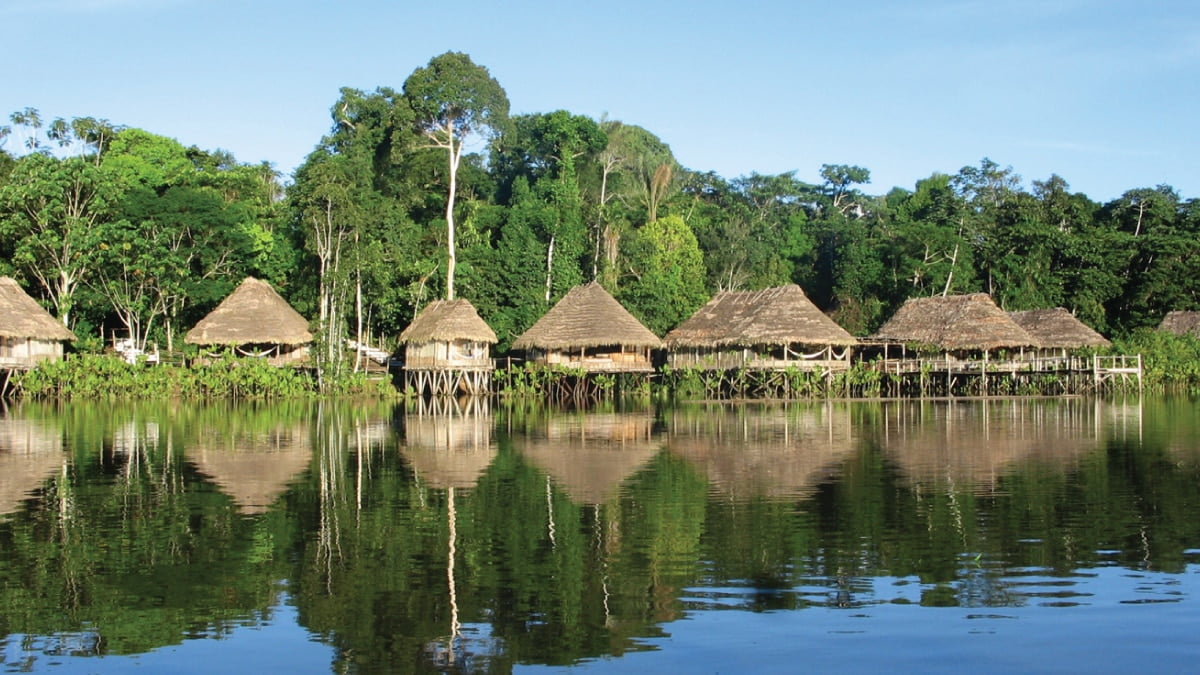Welcome, eco-conscious wanderers! If you’re looking for concrete eco tourism examples that make a real difference to local communities, you’ve hit the jackpot. We’ll take you on a world tour, showcasing sustainable tourism initiatives that have positively transformed communities and promoted conservation. But first, let’s dive into what eco-tourism actually is.
What is Eco-Tourism?

Eco-tourism is more than just a trend. It’s a paradigm shift in how we view travel. No longer are we simply consumers of experiences; we’re now participants in a global effort to preserve our planet. We swap luxury hotels for sustainable accommodations and prefer local cuisine over international chains. We visit lesser-known locales instead of overcrowded tourist spots, focusing on low-impact activities that respect the natural and cultural integrity of destinations.
Why Does Ecotourism Matter?
Let’s face it – tourism isn’t always pretty. Overcrowding, waste generation, cultural exploitation – these are just a few of the issues mainstream tourism can cause. But eco-tourism is different. By promoting sustainable practices, supporting local economies, and respecting cultural norms, we can transform travel into a powerful tool for positive change.
Let’s explore some of the most inspiring ecotourism examples where sustainable travel initiatives have made a real difference to local communities.
1. Community Homestay Network, Nepal
Name of the Initiative
Community Homestay Network (CHN)
Location
Across Nepal
Brief Background
The Community Homestay Network started as a social enterprise to empower Nepalese women by offering them a platform to host travellers in their homes. These homestays are more than just a bed for the night; they are a cultural exchange, a chance for travellers to experience authentic Nepalese life while supporting local families directly.
The Positive Impact on the Local Community
The CHN initiative has empowered over 200 women homeowners across 15+ locations in Nepal. Homestay hosts earn a significant portion of the income, enabling financial independence and boosting local economies. The initiative has also encouraged preservation of local culture and traditions, as they form a unique selling proposition of the homestays.
How the Initiative Promotes Sustainability and Conservation
The CHN encourages responsible travel. The focus is on cultural immersion, respect for local traditions, and minimal environmental impact, aligning with the principles of responsible tourism. By promoting homestays over hotels, it also aids in the fair distribution of tourism revenue, discouraging overcrowding in popular areas.
2. G Adventures and Planeterra Foundation, Worldwide
Name of the Initiative
G Adventures and Planeterra Foundation Partnership
Location
Worldwide
Brief Background
G Adventures, a small-group adventure travel company, partners with the Planeterra Foundation to integrate social enterprises into their itineraries, providing travellers with immersive experiences that also support local communities.
The Positive Impact on the Local Community:
The partnership has launched 50 social enterprises in destinations worldwide, impacting 59,000 community members annually. It’s provided local communities with sustainable income, improved social services, and protected cultural heritage.
How the Initiative Promotes Sustainability and Conservation:
The partnership prioritises local ownership and capacity-building, promoting ecotourism management. This ensures the long-term sustainability of the enterprises. By involving local communities, it reduces reliance on unsustainable tourism practices and protects natural resources.
3. Chalalan Ecolodge, Bolivia
Name of the Initiative:
Chalalan Ecolodge
Location:
Madidi National Park, Bolivia
Brief Background:
Chalalan Ecolodge is a community-owned enterprise in Madidi National Park. It’s the result of a collaboration between the indigenous community of San José de Uchupiamonas and Conservation International. The Eco Lodge was built with traditional methods and materials, offering a unique eco-friendly stay in the heart of the Amazon rainforest.
The Positive Impact on the Local Community:
The Ecolodge provides employment to the community and profits are reinvested back into local services. This project has transformed the community’s livelihoods, reducing dependency on forest resources and improving living standards.
How the Initiative Promotes Sustainability and Conservation:
The Ecolodge promotes nature tourism, contributing to the conservation of the Amazon Rainforest. It provides environmental education to guests, raising awareness about the importance of biodiversity and conservation.

4. Kapawi Ecolodge, Ecuador
Name of the Initiative:
Kapawi Ecolodge
Location:
Amazon Rainforest, Ecuador
Brief Background:
Kapawi Ecolodge is a joint venture between the Achuar indigenous community and Canodros S.A. They aim to conserve the Achuar’s cultural heritage and the Amazon rainforest’s rich biodiversity. This partnership shows how business and ecology can coexist sustainably.
The Positive Impact on the Local Community:
It’s provided stable employment to the Achuar community, improving living conditions. It also preserves their cultural heritage, allowing guests to learn about Achuar traditions and lifestyles.
How the Initiative Promotes Sustainability and Conservation:
The Ecolodge promotes sustainable tourism, protecting the Amazon’s biodiversity. It uses renewable energy, reduces waste, and sources locally. Its environmental education programs raise awareness about the importance of conservation.

These are just a few eco tourism examples showcasing how sustainable initiatives can transform local communities. Whether it’s empowering women in Nepal, launching social enterprises worldwide, or preserving the Amazon rainforest, eco-tourism is redefining the way we travel. It’s not just about witnessing natural beauty or exploring exotic cultures. It’s about making travel a force for good, contributing to conservation, and supporting local communities. So next time you pack your bags, consider an eco-friendly option. You’ll have a unique travel experience and make a difference in the process.
Wrapping Up
Each of these eco tourism examples represents a shining beacon of what’s possible when we commit to travel that not only respects the environment, but also benefits local communities and economies. By choosing such sustainable tourism options, we become active participants in the preservation and conservation of our planet’s precious resources. So, let’s commit to eco-friendly travel and make our adventures count, not just for ourselves but for the planet and its people as well.
Further Reading
If you found this post informative and want to delve further into eco-tourism, check out these articles:
Join the Eco-friendly Community
If you’re keen on aligning your travel adventures with sustainable practices, then you’ve found your tribe. Join us in promoting responsible and sustainable tourism. It’s time to travel smart, and let our journeys leave a positive impact. Until next time, eco-warriors!
Be sure to check back for more insights and eco tourism examples that benefit local communities. Explore our planet with purpose and respect. Happy and responsible travels!
EcoTourism Examples FAQ / TL;DR
Why is eco-tourism important?
Eco-tourism is crucial because it promotes sustainable travel practices, protects natural and cultural heritage, benefits local economies, and fosters respect for different cultures and human rights.
What are some other community-based eco-tourism initiatives?
There are numerous initiatives worldwide like the Annapurna Conservation Area in Nepal, the CBT Vietnam project, and the Whale Shark Tours in Holbox, Mexico, all of which promote eco-tourism while benefiting local communities.
How can I ensure my travel is eco-friendly?
Choose eco-certified operators, minimise your carbon footprint, respect local cultures, support local businesses, and always leave the places you visit as you found them. You can learn more from our guide on responsible tourism.
Can ecotourism contribute to wildlife conservation?
Yes, eco-tourism often includes initiatives that directly contribute to wildlife conservation. Fees from ecotourism often go towards preserving wildlife habitats and supporting anti-poaching efforts.
What is community-based tourism?
Community-based tourism is a form of eco-tourism where local residents invite tourists to visit their communities. This type of tourism gives visitors a unique cultural experience and provides locals with an additional income source.




